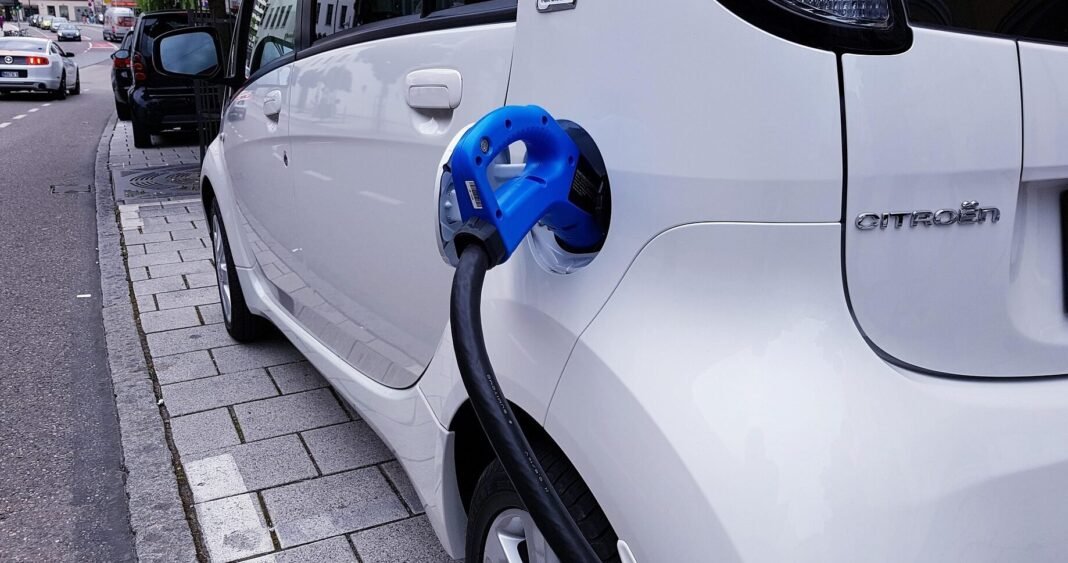There has been overwhelming support from the industry for the Government’s announcement of a £650 million grant scheme worth up to £3,750 per car.
Under the Government’s Plan for Change, the new Electric Car Grant (ECG) should provide a major incentive to drivers to seriously consider the move to electric vehicles. Following are some of the comments from industry insiders to the announcement.
Ginny Buckley, the chief executive of Electrifying.com, the electric car buying and advice site said: “Nearly one in two new electric models are now more affordable thanks to these long-overdue incentives. Crucially, the support is aimed exactly where it’s needed most: from school-run staples to budget-friendly runarounds, the grants apply to cars that fit the needs of everyday drivers.
“Despite a new EV being registered every 60 seconds in June, sales to private buyers have stalled – and in our latest survey of 11,000 UK drivers, 76% told us upfront cost is the biggest barrier to making the switch. These returning incentives are the spark the private market needs to reignite momentum and give even more drivers the confidence to go electric.”
Delvin Lane, CEO, InstaVolt: “With one-in-four new car buyers purchasing an EV, the DFT’s ECG initiative could not come at a better time. Together with the Government’s other recent actions to support EV customer growth – including improved signage for charging hubs which will unlock opportunities for retailers hosting EV charging points and boost EV consumer confidence – the ECG will be a major contributor to help further grow EV customer demand as we transition to an all-electric future.”
Andy Palmer, founder Palmer Energy Technology Ltd [PETL]: “The incentives being proposed are meaningful. Car pricing is elastic thus, all means that help achieve price parity with compatible ICE cars, will result in mass adoption of EVs. It is then incumbent on the car OEMs to use the volume hike to yield cost reduction to ultimately negate the need for incentives; we’ve seen this being done very successfully in China where price parity is already achieved, and EV marketshare is already circa 50%
“Govt. help for charging infrastructure is also welcomed, and in particular the acceleration of home and kerb-side charging where the vast majority of batteries are filled.
“And finally, sign posting of charging sites on motorways, somehow legitimises the mainstream arrival of EV as a credible replacement of petrol. A very encouraging package all in all.”
Quentin Willson, Founder Faircharge: “I welcome this long overdue support for private EV buyers. The independent EV sector has been ploughing a lonely furrow highlighting the advantages of EV ownership and countering the myriad of misinformation and myths. We’re delighted to see that this government has listened and taken action.”
Edmund King, AA president, said: “We welcome this positive move to help boost the uptake of EVs. A grant of up to £3,750 is to be celebrated and we urge drivers to take full advantage of this offer.
“The AA’s Motoring Manifesto and EV Viewpoint were clear that drivers are merely hesitant about the move to EV’s, with price being a barrier to ownership. We have campaigned for incentives to help overcome this issue, and are pleased our calls have been heard.
“Alongside the £63 million investment package to help sign the way to charging hubs on motorways and major A-roads, as well as helping fund drivers with no dedicated off-street parking to install pavement gullies so they can charge from home, this is a supercharged effort to accelerate the electric revolution.”
BVRLA Chief Executive, Toby Poston, said: “Bit, by bit, the Government is chipping away at the barriers to EV adoption. Targeted incentives have powered the transition to date and now the Government is acting to widen the demand base for new electric cars by providing this grant. This generous grant will boost uptake in the retail market but could have serious repercussions for the used market, where rampant depreciation already has red warning lights flashing.
“Further stimulating new EV registrations without supporting the used market risks creating an even greater supply/demand imbalance, putting even more pressure on fast deflating second-hand values. The resulting losses will erode confidence and result in higher finance costs for new EVs, eliminating much of the benefit from the original grant.”


